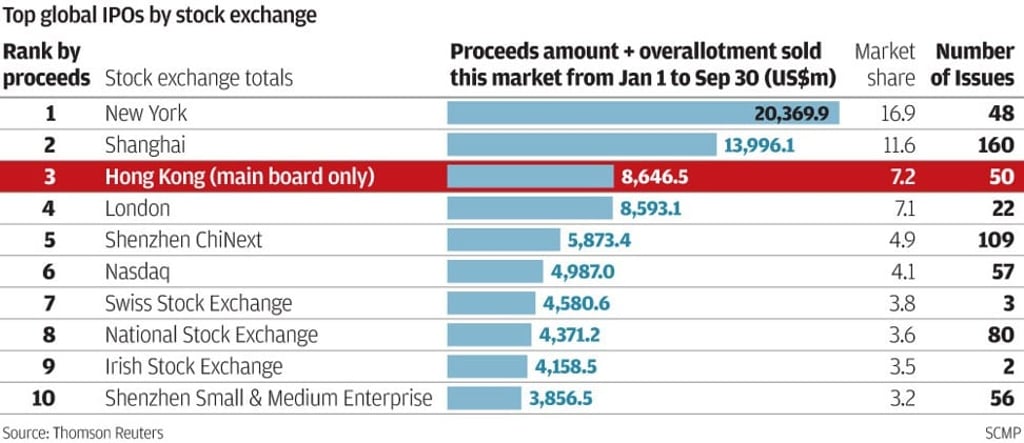From CDRs to Xiongan, here are the hot topics for China’s business titans at nation’s political meeting

From fighting poverty to cutting corporate taxes, some of China’s most prominent businessmen brought their best ideas to one of the nation’s most important political gatherings.
The annual meetings of China’s legislature and political advisory body provided executives from companies including Tencent Holdings and automaker Zhejiang Geely Holding Group with a platform to lobby for policies and show their support of government initiatives. Here’s where corporate leaders stand on the top issues that came out of the National People’s Congress in Beijing, which wraps up this week.
- Stock Market Homecoming
Tech executives led a chorus of companies eager to bring their overseas stock listings to China’s market. Regulators are considering rules that would allow foreign-listed Chinese companies to trade on the mainland market in the form of Chinese Depository Receipts. Some of the nation’s largest companies, including Alibaba Group Holding and Baidu, don’t trade locally.
“We’ve always had a dream to be listed back in China,” said Robin Li, chief executive officer of Baidu. Yao Jinbo, CEO of Craigslist-style service 58.com, and Wang Xiaochuan, founder of search engine Sogou, were among executives who said they support bringing their listings home.
- New Age of Autos
Many executives sought to nudge China in the global race to make cleaner, smarter cars. The country’s drive to curb pollution and reduce dependence on imported oil, coupled with generous government subsidies, has made it the world’s biggest and fastest-growing market for electric vehicles. China also aims for 10 per cent to 20 per cent of vehicles to be highly autonomous by 2025.

